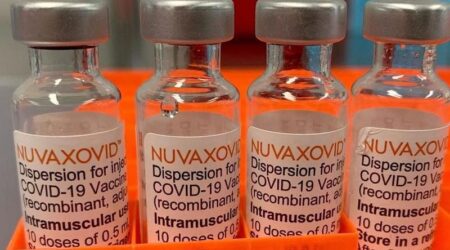Asymptomatic Covid-19 is due to a specific gene variation some lucky people have
Even during the confusion of early 2020, when the coronavirus was indeed novel and images of lines of coffins being unloaded from Italian hospitals spread fear throughout Europe and beyond, it was apparent that some people who caught the virus either ended up with mild symptoms or none at all.
It was always difficult to get a clear overall picture of how pervasive asymptomatic Covid-19 was.
Some health ministries did not keep records of such cases, while other countries restricted testing to people who had already manifested symptoms – though this varied depending on the availability of test kits.
Even though some states were able to conduct expansive tracing that meant so-called “close contacts” of confirmed cases were required to be tested, those who did keep track mostly lumped the asymptomatic cases in with those who had mild symptoms.
Early on, the World Health Organization suggested around 80% of real cases were mild or asymptomatic. In countries such as Singapore, a tiny and wealthy city-state where rigorous testing and tracing and case isolation was possible, health ministry data showed over 90% of those testing positive for the virus as reporting mild symptoms or none.
The how’s and why’s of this have remained a mystery, even with the spread of the various Covid-19 jabs and the fading of the virus into the mild Omicron variant.
But American scientists have come up with a possible explanation: those who catch the virus but do not develop any symptoms likely have a genetic advantage.
These so-called “super dodgers,” according to UC San Francisco, are at least “twice as likely as those who become symptomatic to carry a specific gene variation that helps them obliterate the virus.”
According to the team’s research paper, which was published in the journal Nature, “the secret lies with the human leukocyte antigen (HLA), or protein markers that signal the immune system.
”What happens is that a mutation “appears to help virus-killing T cells identify SARS-CoV-2 and launch a lighting attack,” a discovery the California-based doctors believe “points to new targets for drugs and vaccines.
”The T cells of some people who carry this variant can identify the novel coronavirus, even if they have never encountered it before, thanks to its resemblance to the seasonal cold viruses they already know,” they said. – dpa













Leave a Reply